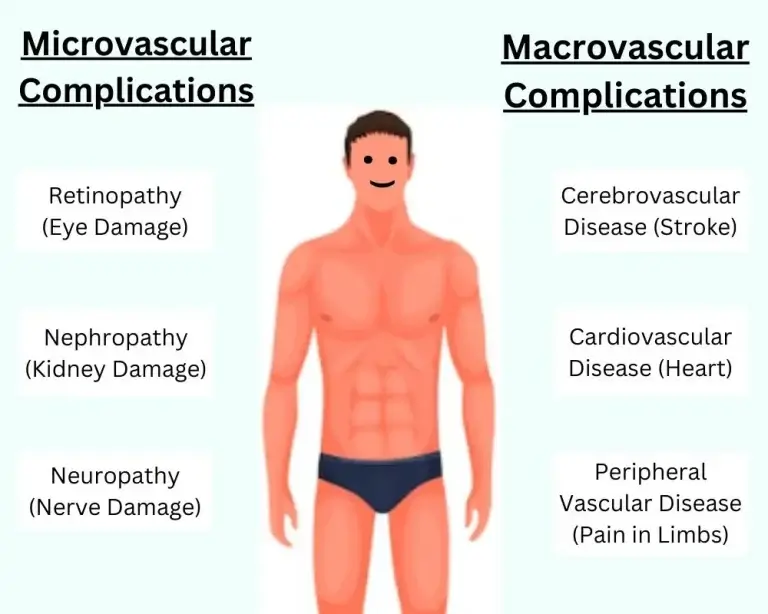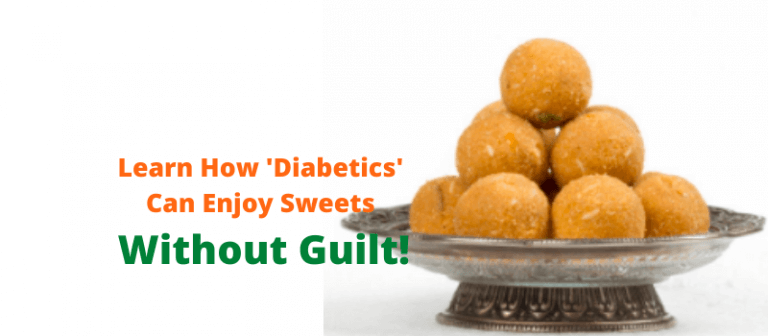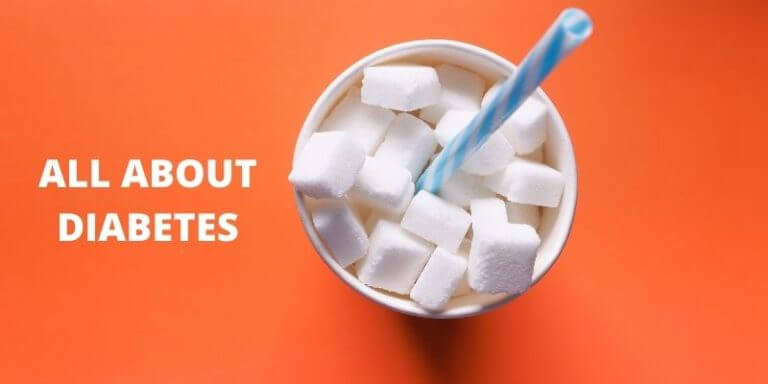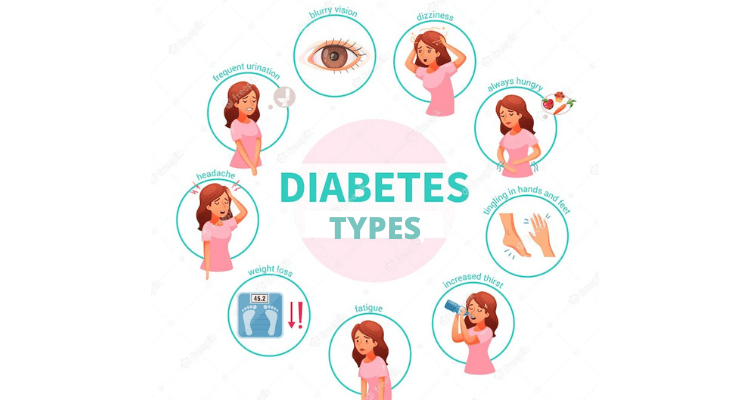Is Ghee Good For Diabetes Patients? What You Need to Know!
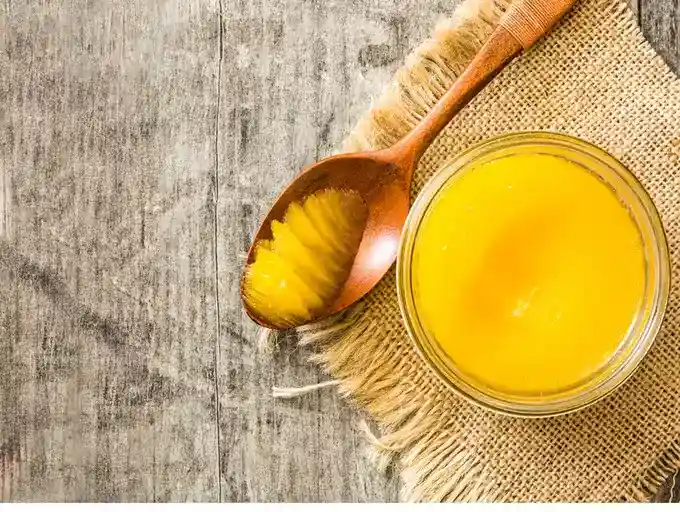
Living a healthy lifestyle and eating healthy nutritious food help us in innumerable ways but with the modern lifestyle, the definition of healthy food articles has pushed away the meals that were once believed to be beneficial for us. Ghee or (Cow milk’s ghee) is one such food item that has multifold benefits still a negative myth has been created regarding it.
Ghee has been an essential part of Indian food for centuries. However, its health benefits have gained popularity worldwide, making it a staple in many households.
In this blog post, we will talk about the nutritional facts of ghee, its health benefits, and whether its consumption is safe for diabetics.
What Does Ayurveda Say About Ghee?
‘Ghee’ according to Ayurveda is a nutritional medicine itself and has Madhurvipak (metabolizes into sweet), and pacifies Vata, Pitta, and Kapha more so specifically it pacifies aggravated Pitta, hence, it is hugely recommended in Pitta-related complications of diabetes also. Ghee is considered a medicinal food that promotes health and longevity. Ghee is sattvic (Pure), meaning it promotes spiritual growth and mental clarity.
Ghee has a coolant effect on the body due to its pitta-pacifying quality, it does the following in the body:
- Enhances the taste of meals and works as a Rasayana (qualitatively promotes all 7 Dhatus).
- Increases vigor and vitality, is beneficial for eyes and voice
- Helps improve Agni (Digestive fire)
- Increases Ojas (Immunity)
- Brightens skin and its tone and texture
- Enhances memory and intelligence
- Gives longevity, and provides strength
Since time immemorial, ghee is being recommended by Ayurvedic practitioners in one’s diet to promote digestion and overall well-being.
Nutritional Facts of Ghee
Ghee is made by simmering butter and removing the milk solids and water, leaving behind the pure fat. One tablespoon of ghee (about 14 grams) contains:
- Calories: 130
- Fat: 15 grams
- Carbs, protein, or fiber: 0 gm
- Butyrate Acid: a short-chain fatty acid that supports GUT health and reduces inflammation. Ghee having low carbohydrates is a good choice for diabetics.
- Vitamins: Ghee contains vitamins A, E, and K. Vitamin K helps in the absorption of other fat-soluble Vitamins fulfilling the requirement of micronutrients in the body of diabetics.
Common Health Benefits of Ghee
- Supports Digestion- Ghee stimulates the production of stomach acid, which aids in digestion and nutrient absorption.
- Boosts Immunity- Ghee contains antioxidants and vitamins A, D, E, and K, which enhance the immune system to protect you from infections and diseases.
- Promotes Heart Health- Ghee contains conjugated linoleic acid (CLA), a fatty acid that reduces cholesterol levels and supports heart health.
- Anti-Inflammatory Properties- Ghee contains butyrate, which reduces inflammation and promotes gut health.
There has always been a question that whether patients having high blood sugar levels or Diabetes should consume ghee or not.
In type-2 Diabetes or Diabetes mellitus, the pancreas does produce Insulin. Still, the body cells are unable to utilize it; simply because they are jammed and do not allow Insulin’s action on it for glucose to enter in it and utilize it. This inability of your cells makes glucose travel in your blood and hence, raised blood sugar. Whenever you eat anything, your body will break down sugars from your food and use them for energy in your cells.
To accomplish this, your pancreas needs to produce a hormone called insulin. Insulin is what facilitates the process of pulling sugar from the blood and putting it in the cells for use, or energy. If you have diabetes, your pancreas either produces too little insulin or none at all, insulin can’t be used effectively. This allows blood glucose levels to rise while the rest of your cells are deprived of much-needed energy. This can lead to a wide variety of problems affecting nearly every body system.
As long as your pancreas can make enough insulin to overcome your cells’ weak response to insulin, your blood sugar levels will stay in a healthy range. If your cells become too resistant to insulin, it leads to elevated blood glucose levels, and hyperglycemia, which, over a period of time, leads to prediabetes and type 2 diabetes eventually.
So, to summarize we need to understand that diabetes is a metabolic disorder where the channels of the body are either blocked to carry the hormones to the desired site or due to excessive malnourishment (VataPrakop) the channels lose the ability to carry the hormones.
Ghee (both plain or medicated) can play an important role in resolving this condition helping lower blood sugar levels and improve other associated symptoms related to diabetes also helps the other major organs function properly. Ghee helps in improving metabolism and balancing high blood sugar due to the fatty acids present.
It is a rich source of good fat with a high concentration of monounsaturated omega 3s. ‘GHEE’, UNLIKE WHAT MASSES BELIEVE DOES NOT CAUSE BLOOD SUGAR TO RAISE SINCE IT’s A HEALTHY FAT.
But, sadly, Ghee is the first thing doctors remove from your daily regimen but seldom pay any heed to your consumption of Bread, Biscuit, and Refined meals coming from malls.
So, Is Ghee Healthy for Diabetics?
Yes, and as we have seen above, Ghee has a low glycemic index, making it an ideal fat for diabetics but you must consult your Ayurveda doctor who can recommend you right type of Ghee, the right quantity which you can use daily or even for ‘Shodhan’ process (Detoxification).
Ghee improves the function of the pancreas, heart, and almost everybody organ. It helps in reducing unhealthy cholesterol levels and activates glucose metabolism. Patients suffering from diabetes have more chances of suffering from heart and gut disorders, the linolenic acid present in ghee strengthens the heart muscles and smooths the activity of the gut.
Most diabetic patients tend to be obese due to hampered fat metabolism which leads to fat deposits. Ghee is a good fat, when consumed daily it mobilizes the fat pads and opens channels thus improving the secretion of insulin. Thus, indirectly helps in weight loss. Vitamin K together with fatty acids is found to be useful in supporting better food absorption. Beta-carotene, Butyrate, are a few of the antioxidants present in ghee.
Diabetics usually have a weak immune system due to Oja-Kshaya(Depletion of Dhatus from the body). Ghee being an antioxidant and immunity booster counters the ill effects of the free radicals on a person’s body and stops several chronic problems which are happening because of free radicals and oxidative stress in the body.
In the vascular complications of diabetes, Diabetic neuropathy and wound formation (Diabetic foot/ulcer/wounds) are the most commonly found due to continuous high blood sugar levels. Diabetics stop the consumption of ghee and this leads a dry and itchy skin, ghee nourishes and improves the texture of the skin as its unctuous and helps a better blood flow in the body. Consuming ghee can also be a good choice for diabetics with lactose intolerance due to its negligible amount of sugar in it.
Safety Measures For Diabetics To Consume Ghee
1. Moderation- As with every food, moderation is the key and diabetics should consume ghee in moderation.
2. Workout- For better longevity, we should do workouts, and for workouts, we must consume healthy meals. It becomes imperative for diabetics to do regular workouts containing cardio and strength training exercises. Doing regular workouts would also help them to eat ghee. Most of the diabetics in the subcontinent are forced to renounce ghee from their diet and asked to switch on the refined vegetable oils which unfortunately have no health benefits over desi ghee.
3. Choose High-Quality Ghee: Cow’s Ghee is a medicinal food that promotes overall health and well-being. Diabetics should choose pure ghee made from grass-fed cows, as it contains more nutrients and is low in fat. In conclusion, ghee is a healthy addition to one’s daily diet, especially for diabetics.
So, to conclude and put more thrust on what our ancient wisdom tells us to do always, never ignore the superfoods (ghee in our case). Our genes are well adapted to them and need them rather than commercially modified and manufactured meals coming from stores and malls.
Adding ghee to your regular diet is a great way to nourish your body and support your health as a diabetic.
But why stop there?
Consider exploring Ayurvedic treatment for diabetes by Aas Ayurveda for a complete cure for diabetes and to promote overall health and well-being. With a focus on natural healing and personalized care, you can help yourself achieve greater balance and wellness in your life.
So what are you waiting for? Start your Ayurvedic journey today and see the difference it can make!


